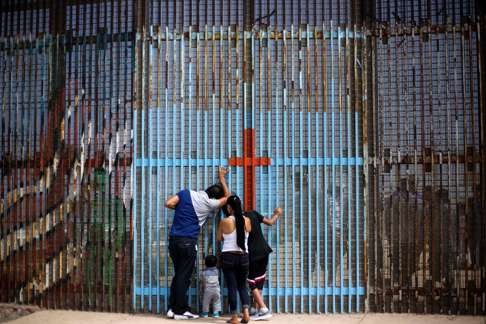How to save globalisation from its demise
Stephen Roach says governments must wake up to the need for effective safety-net programmes to support workers who have been left behind, or suffer the consequences of a backlash against globlisation and free trade

While seemingly elegant in theory, globalisation suffers in practice. That is the lesson of Brexit and of the rise of Donald Trump in the United States. And it also underpins the increasingly virulent anti-China backlash now sweeping the world. Those who worship at the altar of free trade – including me – must come to grips with this glaring disconnect.
Truth be known, there is no rigorous theory of globalisation. The best that economists can offer is David Ricardo’s early 19th-century framework: if a country simply produces in accordance with its comparative advantage (in terms of resource endowments and workers’ skills), presto, it will gain through increased cross-border trade. Trade liberalisation – the elixir of globalisation – promises benefits for all.
That promise arguably holds in the long run, but a far tougher reality check invariably occurs in the short run. Brexit – the United Kingdom’s withdrawal from the European Union – is just the latest case in point. Voters in the UK objected to several of the key premises of regional integration: free labour mobility and seemingly open-ended immigration, regulation by supranational authorities in Brussels, and currency union. Economic integration and globalisation are not exactly the same thing, but they rest on the same Ricardian principles of trade liberalisation – principles that are falling on deaf ears in the political arena.

After Brexit, the coming clash over globalisation
In the US, Trump’s ascendancy and the political traction gained by Senator Bernie Sanders’ primary campaign reflect many of the same sentiments that led to Brexit. From immigration to trade liberalisation, economic pressures on a beleaguered middle class contradict the core promises of globalisation.